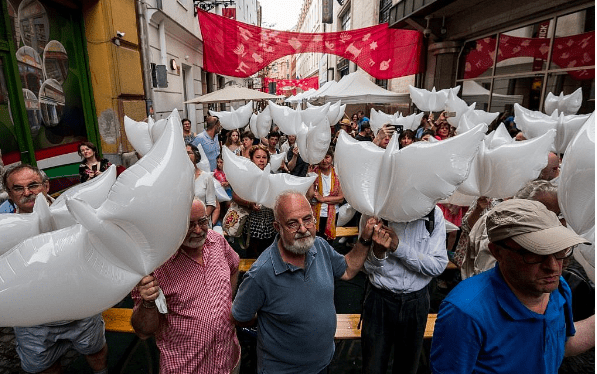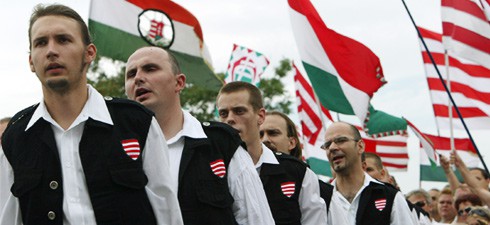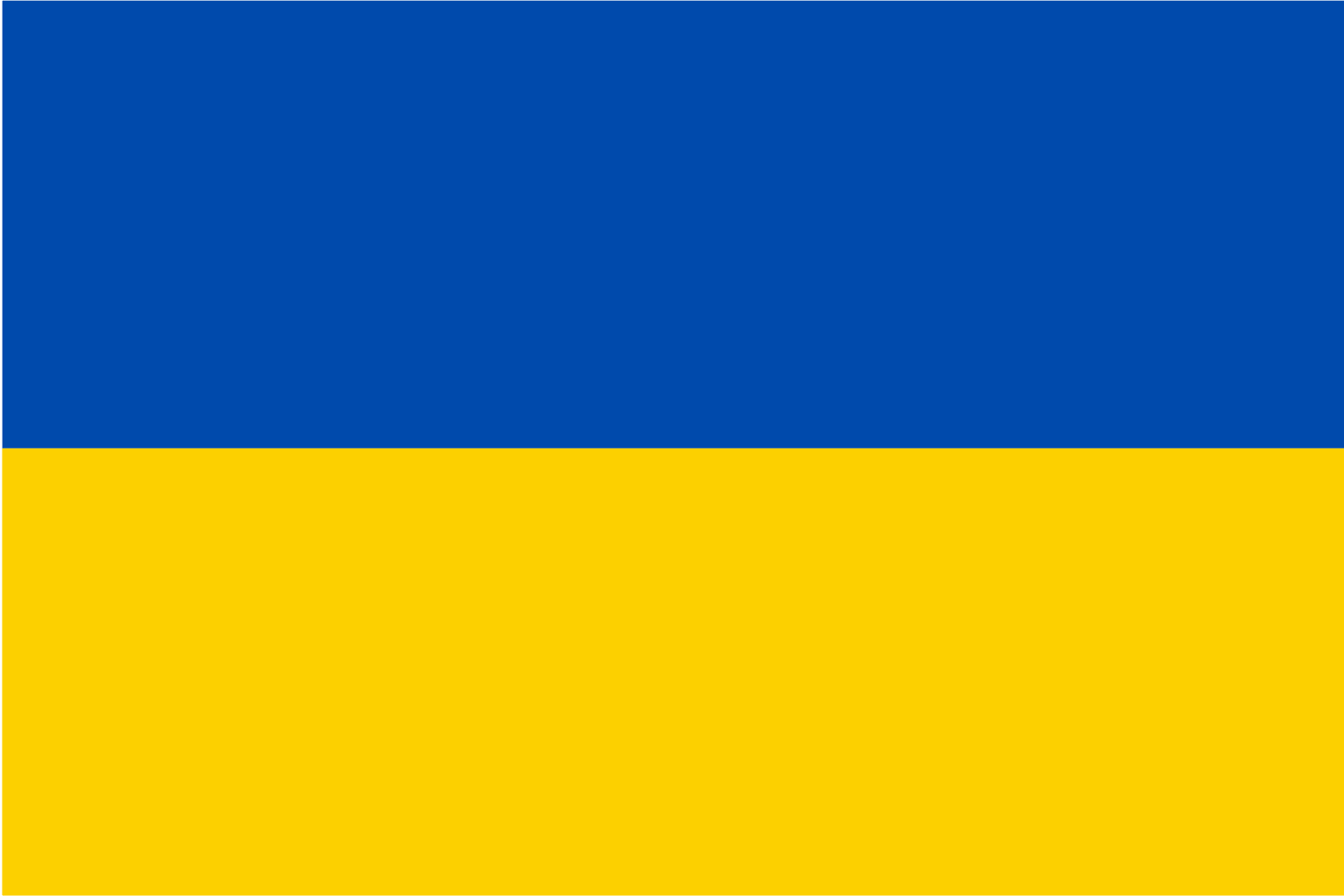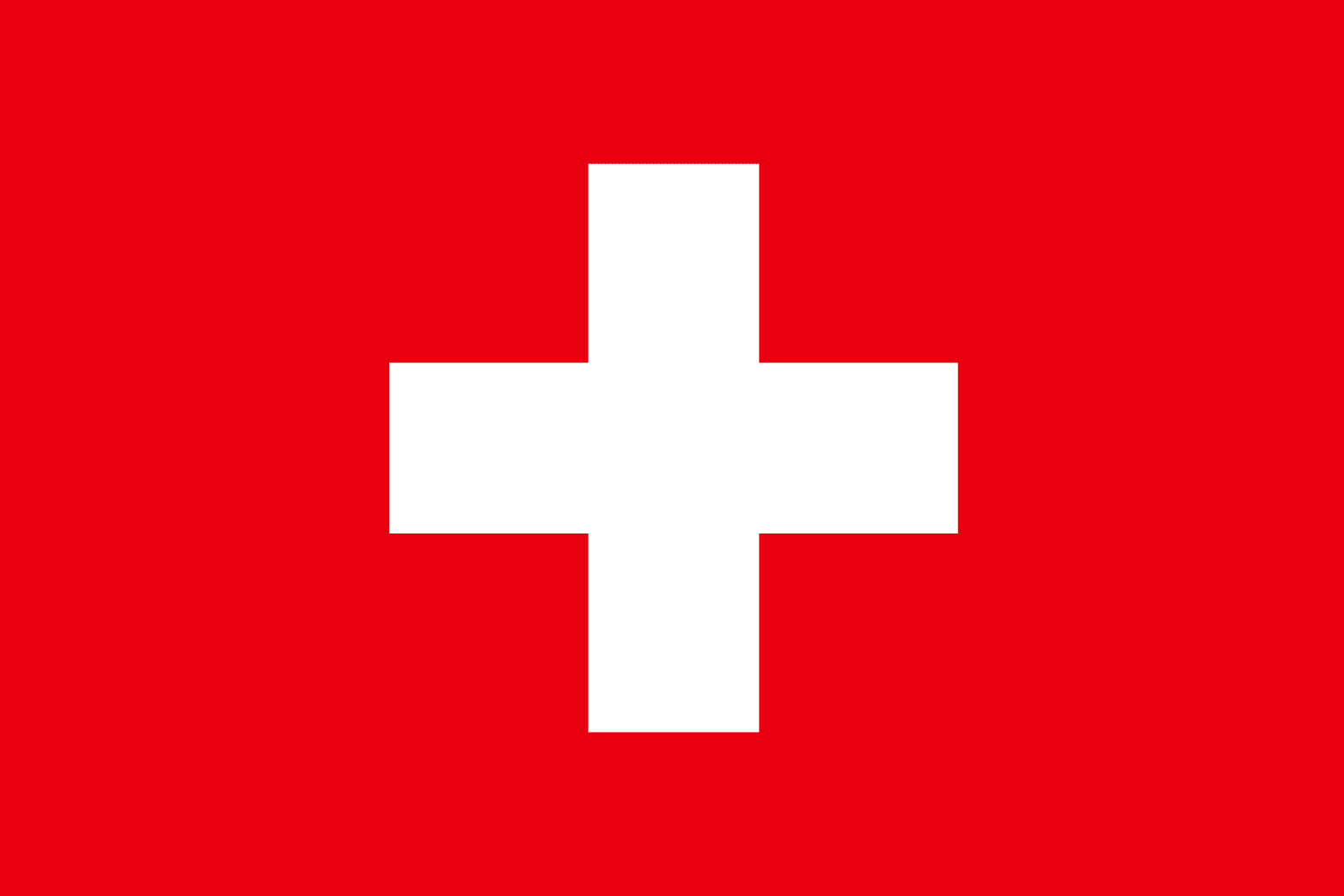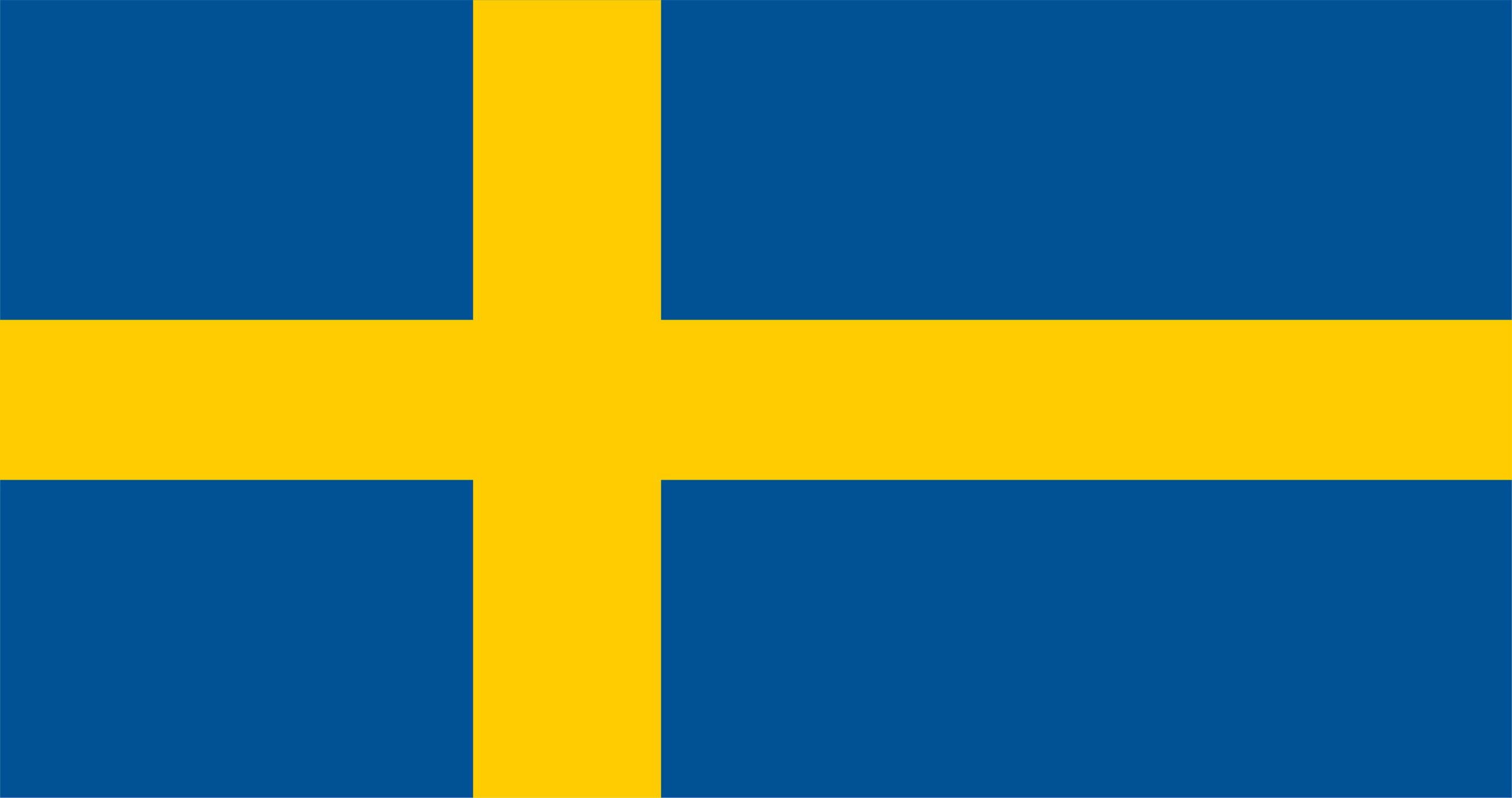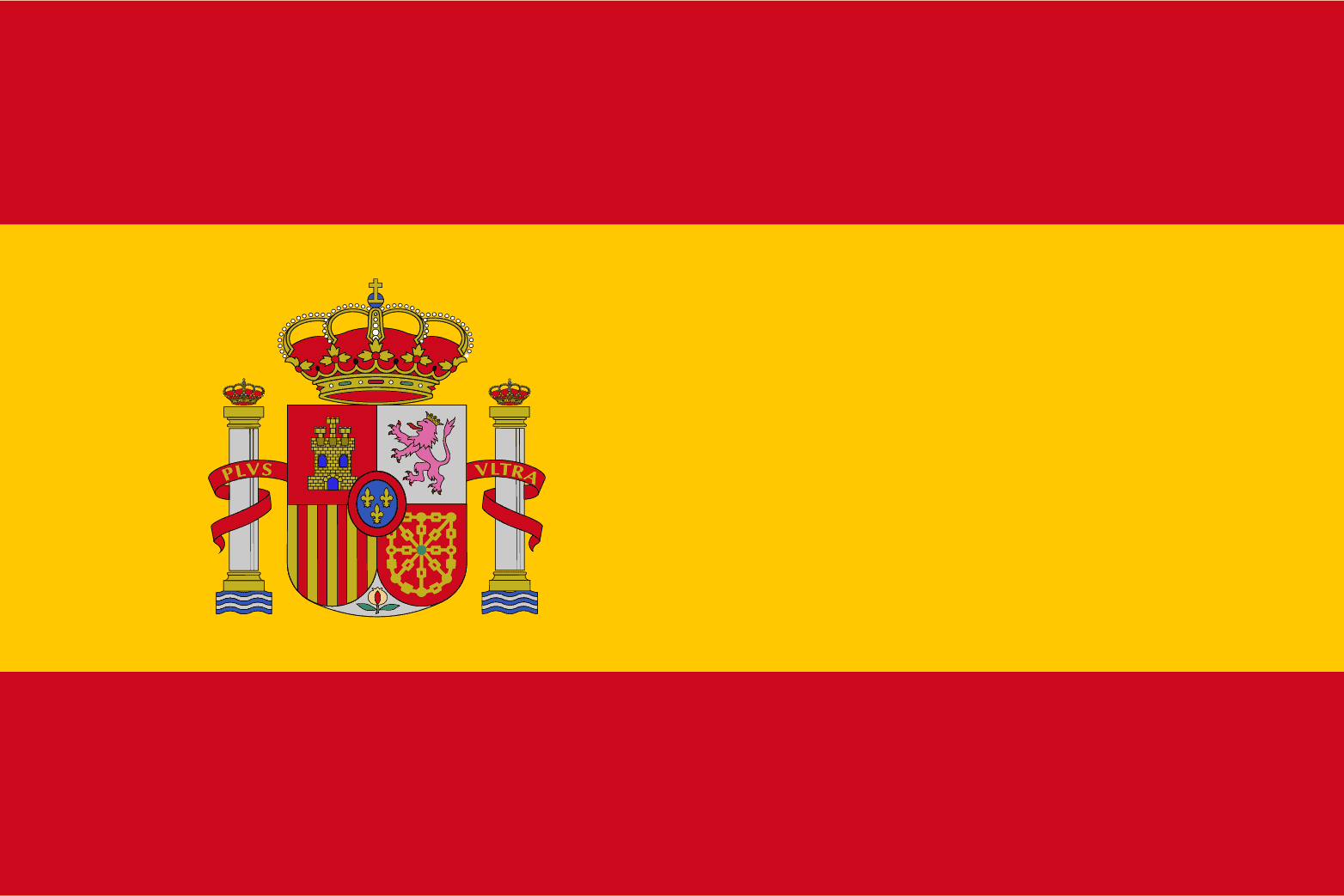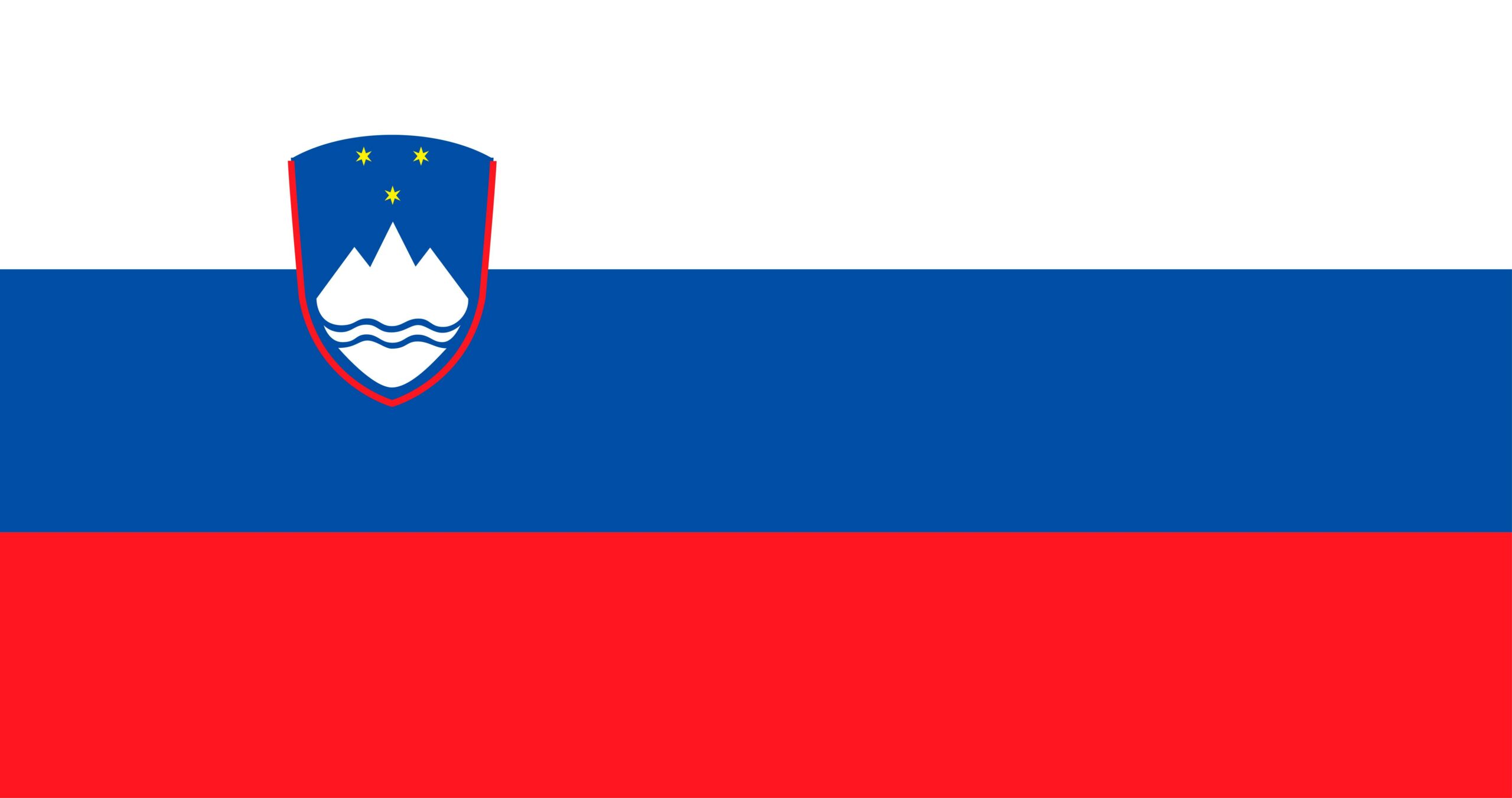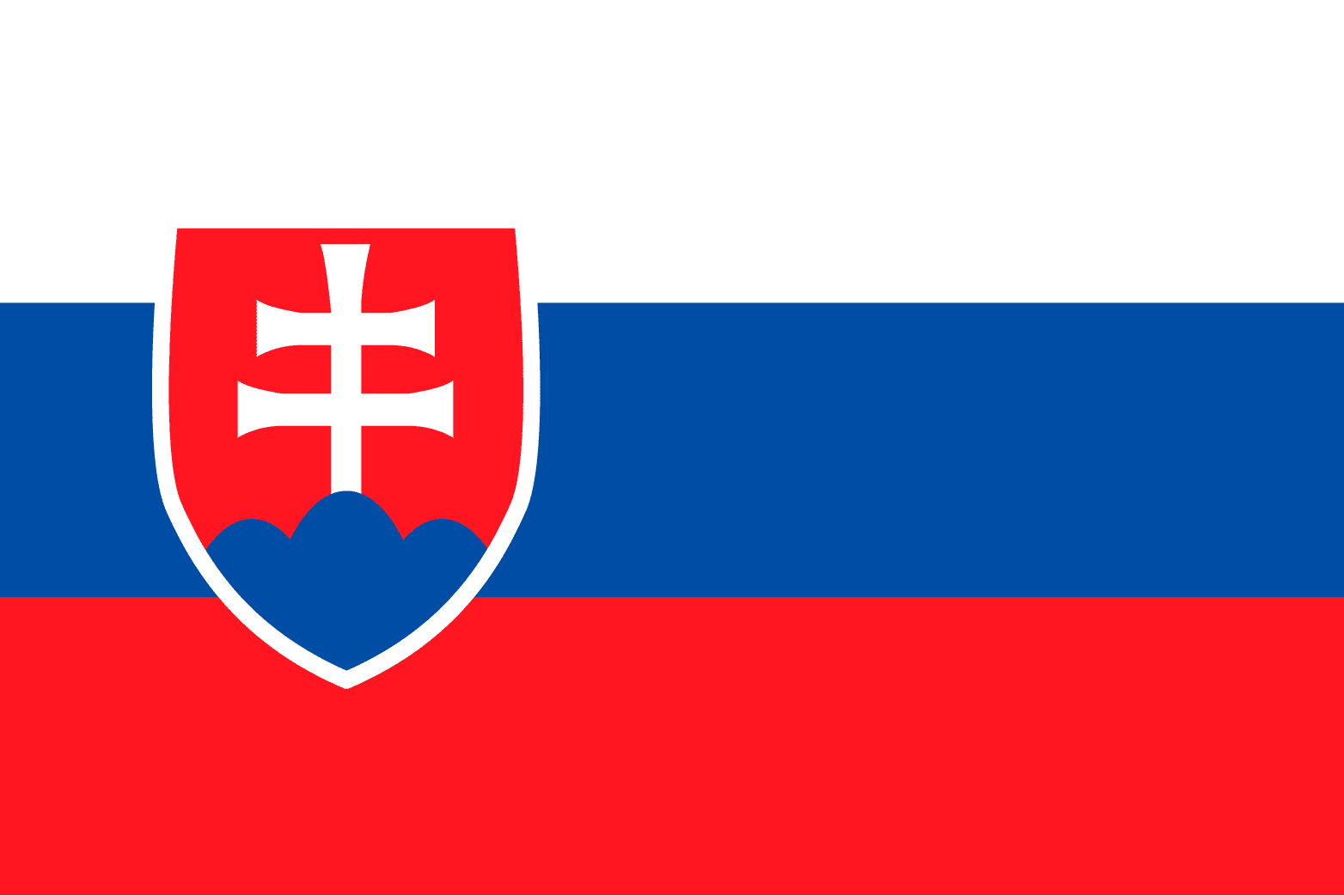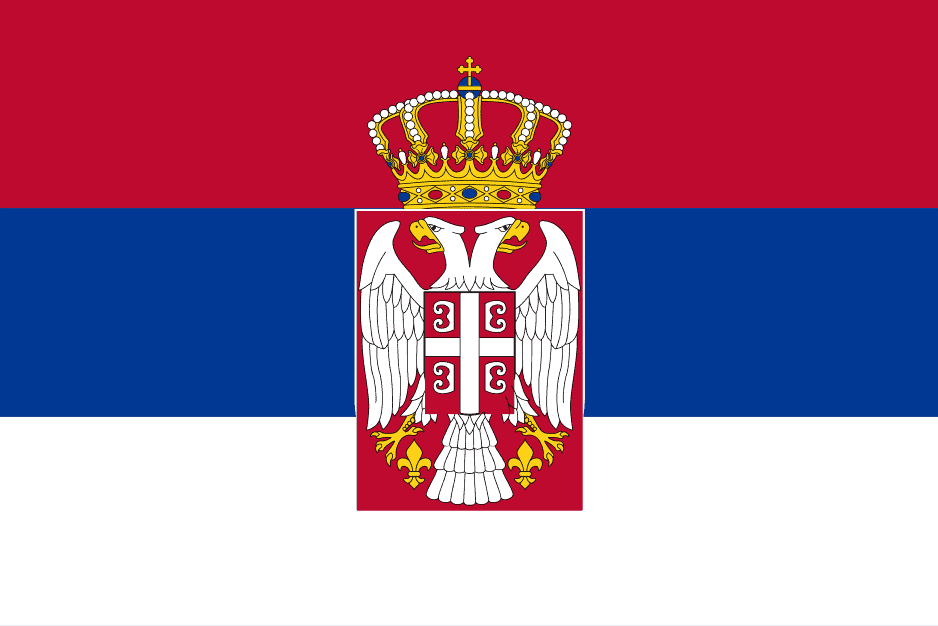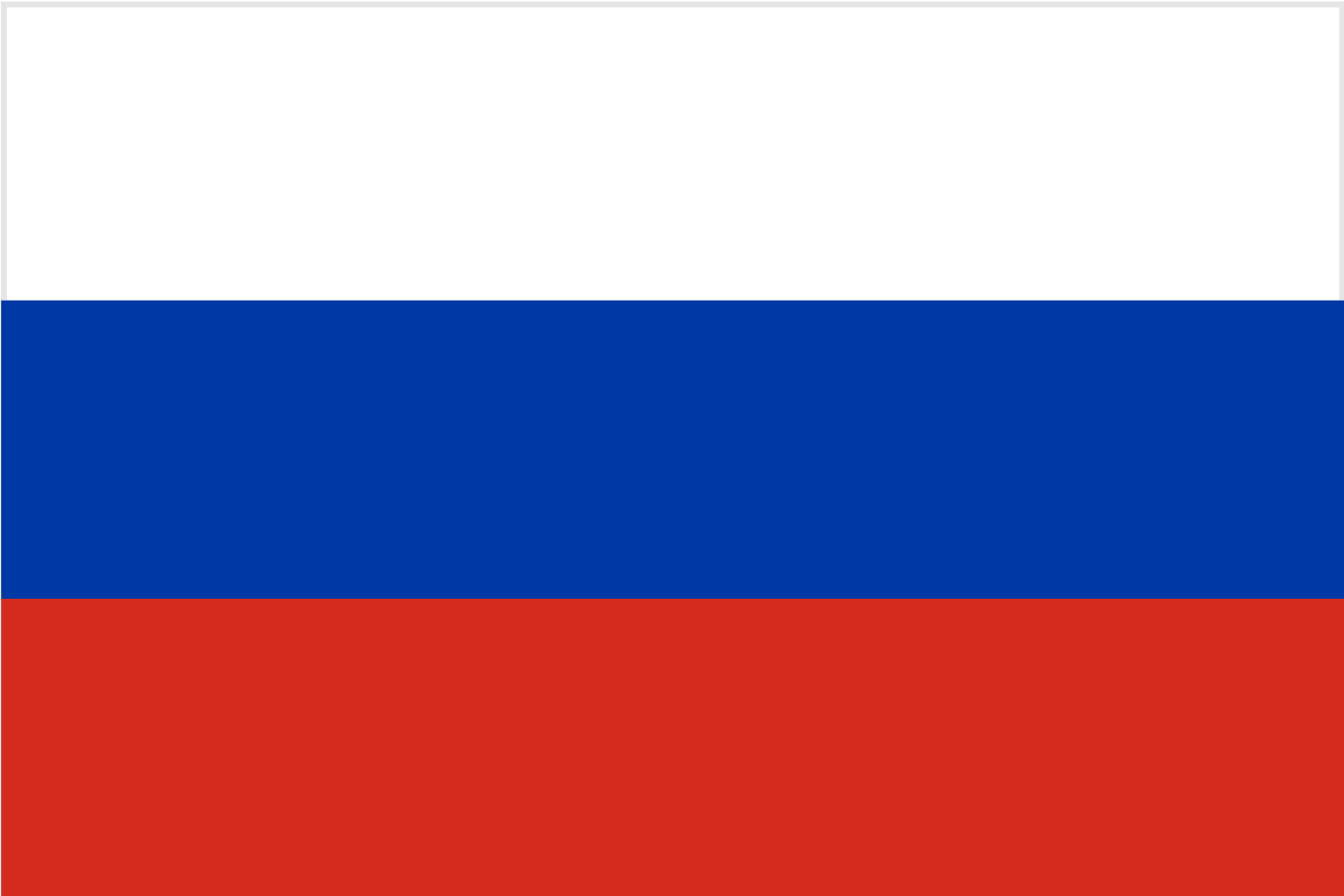Every Day during the Corona crisis our Advisory Board Member Chief Rabbi Binyomin Jacobs (NL) writes a diary, on request of the Jewish Cultural Quarter in Amsterdam, which is published on the website of the NIW, the only Jewish Dutch Magazine. Rabbi Jacobs is the head of Inter Governmental Relationships at the Rabbinical Centre of Europe. We will be regularly publishing a selection of his informative, sometimes light hearted, but always wise pieces.
For our Dutch readers you can follow the diary every day at NIW home page: https://niw.nl
Eli, Mazal Tov!
Our grandson Eli turned three! My daughter, his mother, blew up 150 balloons for it and it turned into a drive-in party. I’ll come back to it in a moment.
We are plagued here in Holand by rioters, detritus. Of course the riots are served up with a side order of ‘rational’ sauce.
The youth do not feel heard, the vaccine is not good and there will be more explanations as to why this looting is taking place. Cars are set on fire, windows smashed, police cars overturned. Polygamy must be allowed and forced prostitution is acceptable. And at the same time we speak with justified horror and disgust about glitterati such as Epstein, Weinstein and fashion king Jean-Luc Brunel who, despite their criminal lives, could and were allowed to afford themselves anything.
If everything is allowed and everything is possible, is it any wonder that this kind of criminally smelly rich activity goes on and on ?! Morality is totally lost. Is there a new phenomenon?
In the Pirke Avot, the ethics of the Fathers, we read (3: 2) that we should pray for the welfare of the royal family because if there is no authority people devour each other alive. And that is exactly what is happening now. Anarchy and therefore aimless looting, burning cars, blocking entrances to hospitals and completely destroying individual hard-working people.
As it was really unimaginable six months ago that the Capitol in the USA could be penetrated, it is no longer inconceivable in our own peaceful polder country that something like this could also happen here in our government buildings. I cannot imagine that this is not yet taken into account by the police. At the German cemetery in Ysselsteyn, an educational centre is being set up that shows how easily people can be transformed into inhuman beings. There, SS killers and Dutch traitors lie buried next to regular soldiers who were often forced, against their will, to go to war they absolutely did not want. But many of them, still young, were brainwashed and believed that good is bad and that there are Aryans and Jews, Humans and Superman.
I am convinced that ten or twenty years from now, most rioters will look back with horror at the present and be filled with shame.
By coincidence (although coincidence really does not exist!) I came across a speech I gave in 2010 on the occasion of 65 years of liberation:
“Freedom is not everything is allowed and everything is possible and freedom does not mean that we can and must tolerate everything. Freedom has limits and requires individual commitment, training, education and respect for others. Freedom cannot tolerate everything, freedom has its limitations, freedom starts with you, with me, for the sake of all of us.
They fought for freedom
For then, for tomorrow and for the present
But if freedom means, everything is possible and everything is allowed
And respect is disappearing for Government and for authority
When values and norms fade and disappear
When people only think of themselves and their own
And for the other there is no place and there is no place
If it is common to think that it should
Then the freedom of that time is not the freedom of the present
Isn’t it the freedom they fought for?”
I don’t want to include the 1940s-45s. Despite the riots, despite comparisons that might be drawn, we have a Government that may not be excellent with respect to Corona, but it is reliable. Rutte can absolutely not be compared to any villainous potentate. He is a good person who wants to do what is right for his citizens.
However, I would like to mention that today is International Holocaust Remembrance Day. That Holocaust also started with looting, brainwashing, indoctrination, maleficent education.
My grandson Eli who lives in Montreal turned three today. There is a custom not to cut a boy’s hair until his third birthday because man is compared in the Torah to a tree in the field. And just as the fruit of the tree must be left untouched for the first three years, so too, the hair is not cut until the boy is three. Eli has received presents, put money in the Tzedaka (charity) box , he was allowed to say aleph beit and lick the letters that were smeared with honey. Tomorrow he will be wrapped in a tallit and carried into the Jewish school and sweets will be thrown at him.
Obviously, corona is a bummer here, but I am convinced that my son-in-law and daughter will do everything as normal as possible while respecting the corona rules. So Eli is raised from day one with positive thoughts, deeds and gifts. He will not get a pistol or a frightening dragon from his grandpas and grandmas. We gave him, via zoom, his own kiddush cup, a small one of course. He is now wearing a yarmulke and tzitzit.
And so, his parents invest from a very young age in his Jewish upbringing and pray daily that Eli may continue to follow the right path, the way of Torah and Tradition, so that he will be a blessing not only for his own family but also for the society as a whole.
Eli, Mazal Tov!






